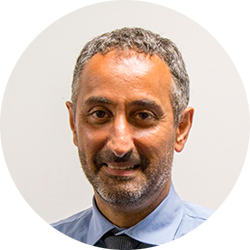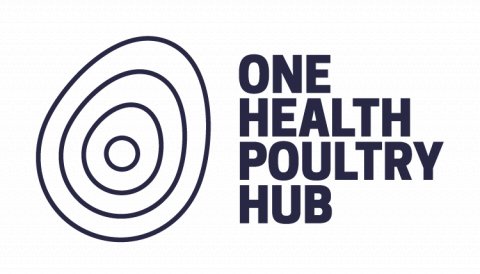Comparative Physiology and Clinical Sciences (CPCS)
Our understanding of animal disease, together with the superb facilities at the RVC, means that we are well placed to contribute to the way in which human diseases are diagnosed and treated.
Domestic pets and other animals suffer from diseases which affect humans. These include degenerative diseases as a result of the ageing process, as well as diseases influenced by exercise and diet. At the RVC, our physiologists who are able to test new cell and molecular biology findings in animal models, often using these findings to develop treatments for animals and humans. On this programme we strive to follow the approach of integrating molecular, cell and developmental biology into whole animal physiology and pathology. This will help in understanding the interaction between genotype and phenotype (including environment, lifestyle - diet and exercise).
Groups within Comparative Physiology and Clinical Sciences

Programme leader
Professor Andrew Pitsillides
BSc(Hons) PhD
Professor in Skeletal Dynamics
Professor of Skeletal Dynamics. His research explores skeletal mechanobiology across diverse biological settings; from the role of embryo movement in the emergence of skeletal form, to how bones and joints respond to functional/ traumatic load in growth, adulthood and ageing.







